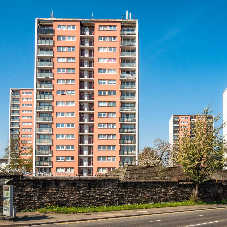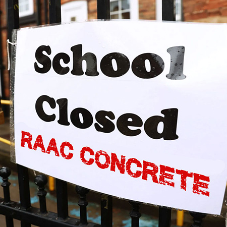Construction is forever changing the world around you. It’s a vital but very much misunderstood sector. Currently, the industry is facing a big skills shortage and as discussed at UKCW, not enough millennials are keen to enter the world of construction. But why?
The creativity needed in construction is often overlooked, especially in architecture or design, roles that young people often forget about. Some people assume to work within construction means to work on a building site with a hard hat, which is very much a stereotypical, cliché, perception.

According to a Considerate Constructors survey, 84% of respondents felt that the ongoing perception of construction as being manual work was the main reason it remains an unpopular career choice.
How can we change this general perception? Well firstly, facts about creativity within the construction industry need to be highlighted. Whether that be during trade talks, or even school trips to construction sites. It could be argued that educators are more focused on getting students to go to university as opposed to introducing them to a more practical career path, like construction.
It seems millennials are drawn to more ‘glamorous’ jobs, like YouTube or Instagram modelling. The rise of social media has been staggering, meaning jobs like these may seem attractive and appealing, but are not always financially viable. With this in mind, the idea of taking a ‘selfie’ on a muddy construction site may put those seeking a perfect image off a little.
A You Gov poll in 2015 found that 67% of the 2,000 people surveyed would never consider a career in construction with just 17% saying ‘they’ll give it a go’ and 11% seeing it as exciting. This very much emphasises the fact there is a big image problem within the construction industry. It needs to be reiterated that there is more to construction than manual labour on a construction site, construction requires imagination, creativity, and attention to detail.

Young people need to be made aware of the variety of career prospects construction can provide, if this doesn’t happen, the skills shortage will only rise. Let’s banish the stereotypes of wolf whistling builders and muddy overalls, and focus on the positives.
“Construction may not on the face of it be the most glamourous of arenas for superheroes and it may not grab the headlines but it is the glue that pulls everything together. Construction affects you whether you notice it or not every day. It can be central to an improvement in your life or an enabler from HS2, Crossrail and the Olympics down to local schools, hospitals and even your extension at home” Ben Pritchard, Invennt (2016).
What do you think? How can we encourage more youngsters to have a career in construction? Join in the discussion on LinkedIn.
Related Blog Articles



crop192.png)












